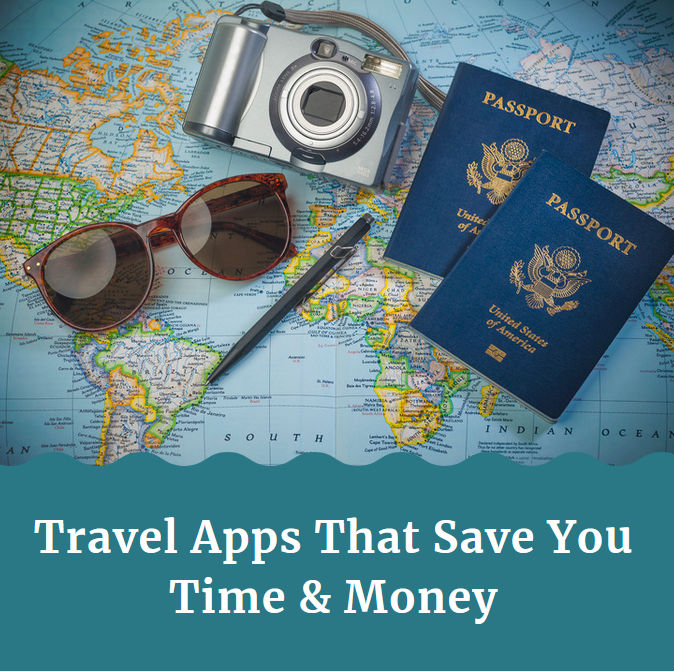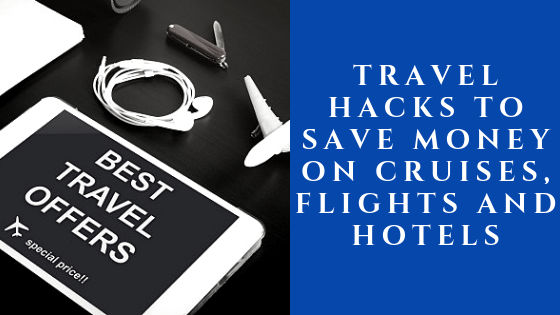How to Travel Smart in a High-Tariff World
Navigating the New Tariff World: How Global Trade Tensions Will Impact Your Travel Budget
You’ve spent months planning your dream vacation—flights booked, hotels reserved, and a carefully crafted itinerary. Then, suddenly, you notice prices creeping up. Airfare is more expensive. Hotel rates have jumped. Even that guided tour you wanted now costs significantly more.
What’s going on? The answer lies in global tariffs—taxes on imported goods that are reshaping the travel industry. From airlines to hotels, tariffs are driving up costs, and travelers are feeling the impact. But don’t cancel your plans just yet. With the right strategies, you can still explore the world without breaking the bank.
Understanding the Tariff Effect on Travel Economics
What Are Tariffs and Why Are They Increasing?
Governments impose tariffs to protect domestic industries, but these taxes ripple through the global economy, affecting everything from airplane manufacturing to hotel construction. Since 2020, average global tariffs have increased by 8%, with some sectors seeing even steeper hikes.
The Direct Impact on Travel Costs
- Aircraft and Transportation Expenses: Airlines are feeling the pinch with tariffs increasing the cost of aircraft components. Boeing and Airbus, for instance, have seen a 12-15% hike in production costs due to tariffs on materials like aluminum. This translates into higher ticket prices for travelers.
- Accommodation Impacts: Hotels and resorts, dependent on imports for everything from linens to furniture, are also seeing cost increases. Major hotel chains like Marriott and Hilton report that new development and operational costs have risen by 5-7% due to these tariffs.
- Local Transportation and Experiences: From renting cars to enjoying local tours, the costs are climbing as tariffs affect the price of vehicles, safety gear, and even the ingredients in your vacation meals.
The Domino Effect: Hidden Ways Tariffs Impact Travel
- Currency Fluctuations: When your home currency weakens against the destination’s currency, your travel expenses surge, effectively adding a tariff to your budget.
- Reduced Competition: Smaller travel companies might close or merge due to increased costs, leading to higher prices and fewer options.
- “Shrinkflation” in travel: Hotels and airlines may reduce perks (like free checked bags or complimentary breakfasts) to offset expenses.
- Economic Uncertainty: This can lead to reduced business travel and cautious consumer spending on leisure, affecting route availability and frequency.
Which Destinations Are Hit Hardest?
- Island nations and remote destinations (like the Maldives or Hawaii) rely heavily on imports, making them more vulnerable to price hikes.
Avoid: High-Tariff, Import-Dependent Spots
❌ Hawaii (15% higher costs due to shipping tariffs)
❌ The Maldives (nearly everything imported)
❌ Caribbean luxury resorts (steel, food, and fuel tariffs add up) - Countries in trade disputes (such as the U.S. and China) may see steeper tourism cost increases due to retaliatory tariffs.
- Manufacturing hubs (like Thailand or Mexico) often fare better because they produce more goods locally.
✅ Mexico (strong manufacturing base = stable prices)
✅ Vietnam or Thailand (affordable local supply chains)
✅ Portugal (Europe’s best value, minimal tariff exposure)
✅ Argentina or Turkey (weak currencies = huge discounts)Smart Traveler Tip: If you’re flexible, consider destinations with strong local supply chains or favorable exchange rates.

How to Travel Smart in a High-Tariff World
Destination Selection Strategies
- Follow the exchange rates. Countries with weaker currencies (like Argentina or Turkey) can offer better value.
- Explore emerging destinations. Places like Georgia or Albania are investing in tourism and may have fewer tariff-related price hikes.
- Avoid import-dependent hotspots. If budget is a concern, skip destinations where nearly everything is shipped in.
Timing and Booking Strategies
- Embrace Shoulder Season Travel: The gap between peak and shoulder season prices has widened. Traveling during these times can save you significantly. Compare prices across seasons to find the best deals. Shoulder seasons (April-May, Sept-Oct) now save 40-50% vs. peak times.
- Avoid holiday periods when tariffs + demand spike prices.
- Lock in Prices Early: Booking well in advance can help you avoid the full impact of tariff-induced price increases.
- Strategic Packaging: Look for bundled services that can offer savings through economies of scale.
Transportation Cost Management
What to do?
✅ Book 9+ months ahead to lock in lower fares before tariff hikes fully hit.
✅ Use fare alerts (Google Flights, Hopper) to catch temporary dips.
✅ Fly into secondary airports (e.g., Paris Beauvais instead of Charles de Gaulle) to avoid high fees.
Consider trains or buses. In regions with good rail networks (like Europe or Japan), ground transport can be a cost-effective alternative.
Accommodation Strategies
✅ Stay in locally owned guesthouses or apartment rentals (Airbnb, VRBO) Apartment rentals or locally-sourced accommodations are often less exposed to tariffs.
✅ Look for “Made Local” hotels that source furniture and food domestically (e.g., Thailand’s boutique resorts).
✅ Book longer stays (weekly/monthly rentals often discount 20-40%).

Local Experience Optimization
Embrace local crafts, food, and entertainment not only to save money but also to enrich your travel experience. Utilize VAT or sales tax refunds where available to counteract some tariff impacts.
✅Eat at neighborhood restaurants instead of international chains.
✅Street food and markets avoid imported ingredient markups.
✅Buy souvenirs from local artisans rather than mass-produced imports.
✅Use public transit instead of pricey taxis or rental cars.
✅ Ask about VAT refunds (many countries refund taxes on tourist purchases).
Why Travel Agents Are More Valuable Than Ever
With tariffs complicating travel planning, working with a professional travel advisor can save you time, money, and stress. When to Use a Travel Agent. Here’s how:
- They access unpublished deals (up to 30% off hotels). They know the best deals. Agents have access to unpublished rates and exclusive discounts.
- Get free upgrades (virtuoso agents waive resort fees).
- Rebook you if tariffs cause cancellations.
- They track price trends. They can advise when to book before tariffs push prices up.
- They handle disruptions. If flights are canceled or hotels overbooked, they’ll find solutions fast.
Real-World Example: A traveler booking through an agent saved $1,200 on a European vacation by leveraging insider rates and smart timing—offsetting much of the tariff-related price increases.
The Path Forward: Adapting to a Changing Travel Economy
- Emerging Industry Adaptations: Travel companies are adapting through supply chain regionalization, vertical integration, and technology optimization.
- The Traveler’s Mindset: Focus on value over volume, invest time in research, and embrace flexibility in travel planning.
The Future of Travel in a High-Tariff World
- More all-inclusive deals (hotels bundle to offset costs).
- “Slow travel” rises: Staying longer in one place saves money.
- Rail over planes (trains avoid fuel tariffs).
Rising tariffs present new challenges for travelers, but with strategic planning, flexibility, and perhaps the guidance of a travel advisor, the world remains open for exploration. The key is to travel smarter, not harder. By understanding the economic landscape and adapting our travel strategies, we can continue to enjoy the transformative power of travel, regardless of the economic climate. Remember, the adventure awaits, and with the right approach, it’s as accessible and enriching as ever.
Stay flexible, research thoroughly, and consider working with a travel expert. The world is still yours to discover—you just need to navigate it wisely.
The post How to Travel Smart in a High-Tariff World appeared first on The Traveler’s Atlas.
Source: https://blog.atlastravelweb.com/travel-news/how-to-travel-smart-in-a-high-tariff-world/












